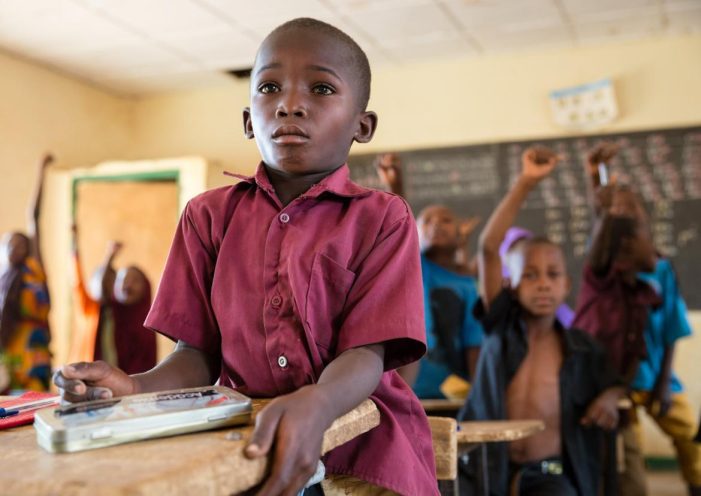Children have different reactions to adverse events in their environment. Culture influences the ways in which we express emotions. In some cultures, for example, it is not appropriate to show strong emotions like crying loudly, while in others it is widely accepted.
Some signs of distress may not be so obvious. Here are some of the signs of distress at different ages. Different children will show different signs of distress.

Also Read: Culture Can Help End Violence against Women and Children- Study
Many of these reactions only last for a short time, and are normal reactions to stressful events. If these reactions last for a prolonged period of time, the child may need specialist support.
| Age | Reaction |
| 0-3 years | Clinging to their caregivers more than normal Regressing to former (younger) behaviours Changes in sleeping and eating patterns Higher irritability Increased hyperactivity More afraid of things more demanding more frequent crying |
| 4-6 years | Clinging to adults regressing to former (younger) behaviours changes in sleeping and eating patterns higher irritability Poorer concentration becoming more Inactive or more hyperactive Stop playing take on adult roles Stop talking more anxious or worried |
| 7-12 years | Becoming withdrawn Frequest concern about others affected changes in sleeping and eating patterns increasingly fearful Higher irritability Frequest aggression Restlessness Poor memory and concentration Physical symptoms/ psychosomatic Frequently talks about the event or repetitive play feels guilty or blames themselves |
| 13-17 years (teens) | Intense grief shows excessive concern for others feelings of guilt and share increasingly defiant of authority increased risk taking Aggression Self-destructive feeling hopeless |
Source: UNICEF

